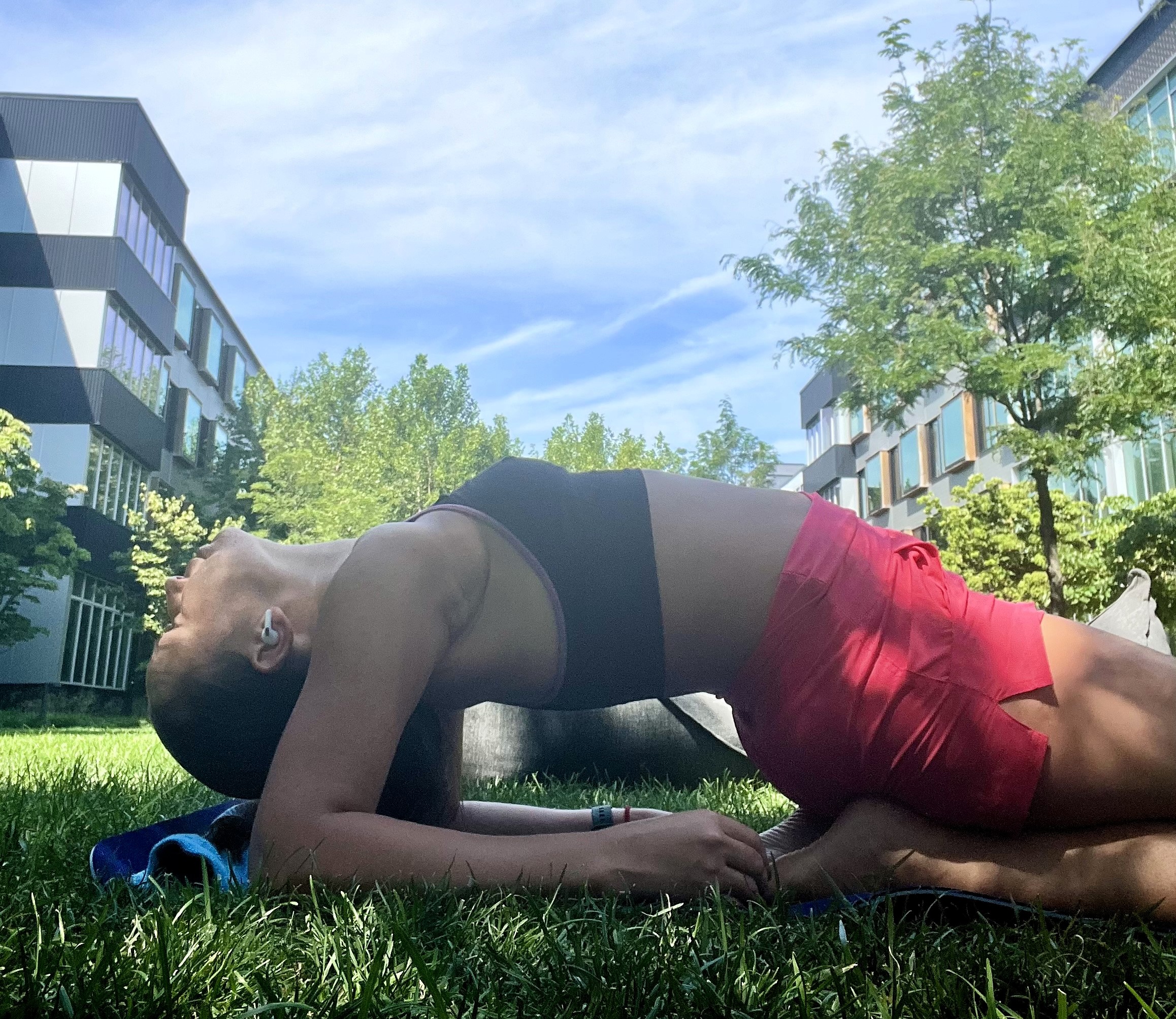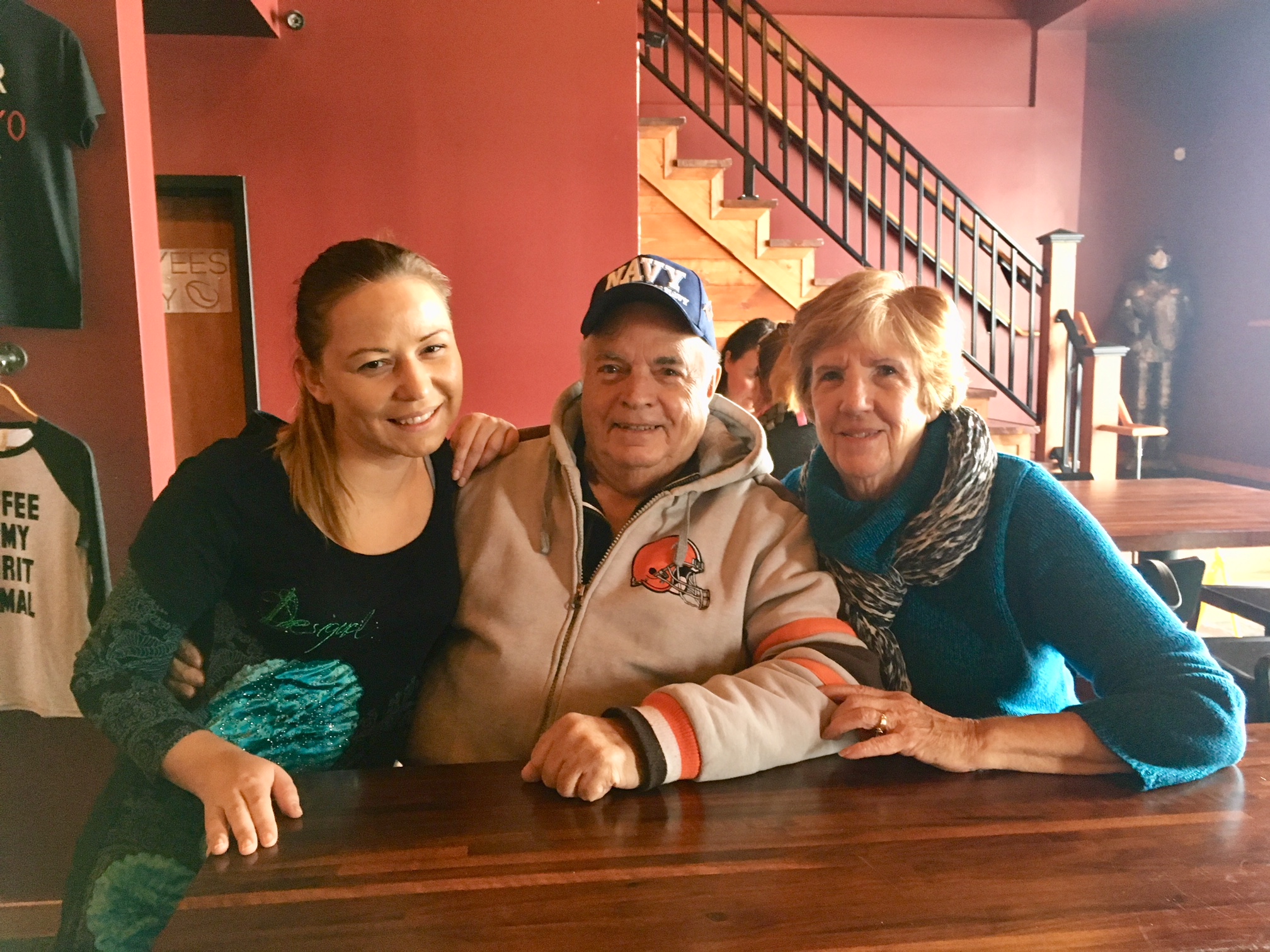How is building new improving existing daily habits connected to a happier and more fulfilling life?
- Consistency and Routine: Habits create a sense of structure and routine in our lives, which can provide stability and reduce stress. So knowing what to expect each day helps manage time and energy more effectively. However, building habits could be a much more mindful process for most people.
- Incremental Progress: Small, consistent actions can lead to significant improvements over time. So developing positive habits, like regular exercise or healthy eating, can contribute to long-term physical and mental health benefits.
- Improved Well-Being: Good habits, such as getting enough sleep, practicing mindfulness, or maintaining social connections, directly impact our mood, energy levels, and overall happiness.
- Productivity and Efficiency: Positive habits help streamline daily tasks and make us more efficient. For example, habits like planning the day ahead or prioritizing tasks can increase productivity and reduce feelings of being overwhelmed.
- Self-Discipline and Control: Developing good habits requires self-discipline, which in turn builds self-control. Therefore this can lead to better decision-making and the ability to resist negative impulses or distractions.
- Enhanced Mental Health: Habits like regular exercise, meditation, and engaging in hobbies can reduce anxiety, depression, and stress, leading to improved mental health and a more positive outlook on life.
- Sense of Accomplishment: Achieving small goals through daily habits provides a sense of accomplishment and boosts self-esteem. Then this positive reinforcement encourages the continuation of these beneficial behaviors.
- Better Relationships: Habits that focus on communication, empathy, and spending quality time with loved ones can strengthen relationships and create a supportive social network, contributing to greater happiness.
- Long-Term Success: Positive daily habits can lead to long-term success in various aspects of life, including career, personal growth, and health. Then the cumulative effect of these habits can result in achieving larger life goals and aspirations.
- Resilience: Establishing good habits can build resilience, making it easier to cope with challenges and setbacks. When faced with difficulties, those with strong, positive habits are better equipped to navigate and overcome them.
By focusing on developing and maintaining positive daily habits, individuals can create a solid foundation for a happier, healthier, and more fulfilling life.
How is a habit created?
A habit is based on a cycle often referred to as the habit loop, which consists of three primary components:
- Cue (Trigger): This is the event that starts the habit. It can be an external stimulus, like a time of day, a location, or a preceding action, or an internal trigger, like an emotion or a thought. So the cue prompts your brain to initiate the behavior.
- Routine (Behavior): This is the actual behavior or action you perform in response to the cue. The routine can be physical, mental, or emotional.
- Reward: This is the positive reinforcement you get from completing the routine. In its turn the reward serves to satisfy a craving and reinforces the behavior, making it more likely you’ll repeat it in the future.
Over time, the brain starts to associate the cue with the routine and the reward, creating a strong connection that makes the behavior automatic. And understanding this loop can help in both building new positive habits and breaking negative ones.
What are the best practices in building new habits?
Building a successful habit involves a strategic and intentional approach. Here are steps to help you develop and sustain positive habits:
- Start Small: Begin with manageable and achievable goals. Instead of committing to running an hour every day, start with a 10-minute walk.
- Be Specific: Clearly define your habit. Instead of saying “I want to read more,” set a specific goal like “I will read for 15 minutes before bed every night.”
- Attach to Existing Habits: Link the new habit to an established one. This is known as habit stacking. For example, if you want to floss daily, do it right after brushing your teeth.
- Set Reminders: Use alarms, sticky notes, or apps to remind yourself of the habit you’re trying to build. Consistent reminders help reinforce the behavior.
- Create a Supportive Environment: Arrange your environment to make the habit easier to follow. So if you want to eat healthier, keep fruits and vegetables visible and accessible.
- Track Your Progress: Keep a journal or use a habit-tracking app to monitor your progress. Seeing your progress can be motivating and help identify patterns.
- Stay Consistent: Try to perform the habit at the same time and place each day. Consistency helps to solidify the habit in your routine.
- Reward Yourself: Celebrate your successes, no matter how small. Then rewards can reinforce the behavior and make it more enjoyable.
- Be Patient: Habits take time to develop. According to research, it can take anywhere from 18 to 254 days to form a new habit, with an average of 66 days. So be patient and persistent.
- Overcome Obstacles: Identify potential barriers to your habit and plan how to overcome them. If you miss a day, don’t get discouraged. Focus on getting back on track.
- Seek Accountability: Share your goals with friends, family, or a support group. Because having someone to hold you accountable can provide motivation and encouragement.
- Reflect and Adjust: Periodically review your progress and adjust your approach if necessary. If a strategy isn’t working, try a different one.
By following these steps, you can increase your chances of successfully building and maintaining positive habits that contribute to your overall well-being and happiness.
If there’s a gap between your goal and your habits, your habits will win. Your habits carry you to the outcome. (James Clear)
For more details please watch the episode of my show “Mindfully Awake”.




